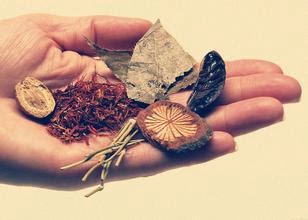.jpg) |
| chronic kidney disease |
Many people with kidney disease find that they don't want to eat as much protein as they used to, because food doesn't taste the same. You may even need to make a special effort to eat enough protein and calories, because having kidney disease can reduce your appetite.
In all cases of chronic kidney disease, it's crucial to avoid malnutrition. A blood test for albumin, a form of protein, is a good way to tell if you are getting enough quality food. Your albumin level should be 4.0 g/dL or higher. If you notice weight loss, loss of appetite or other signs of poor nutrition, talk to your doctor or a renal dietitian.
Some experts think 800 to 1,200 mg. of phosphorus per day is a good target. Food labels are not required to list phosphorus, so you will need to talk to a renal dietitian or find a nutrition reference guide and look up foods. You'll soon learn the phosphorus values of the foods you eat most often.
If you do not have a problem eating carbohydrates, these foods are a good source of energy. If your health care provider has recommended a low-protein diet, you may replace the calories from protein with:
Fruits, breads, grains, and vegetables. These foods provide energy, as well as fiber, minerals, and vitamins.
Hard candies, sugar, honey, and jelly. If needed, you can even eat high-calorie desserts such as pies, cakes, or cookies, as long as you limit desserts made with dairy, chocolate, nuts, or bananas.
FATS
Should I be on a low potassium diet if I have kidney disease?
Having the right level of potassium in your body helps all your muscles work smoothly — including your heart. So, to stay as healthy as you can, you need to keep just the right level of potassium in your blood (not too much, not too little). Keeping potassium at the right level all the time is one of the jobs that healthy kidneys do for your body. When kidneys fail, they start to lose this ability.
If you want to know more informations about our hospital and the unique therapies of it, you can leave messages or email us, we will reply you as soon as possible. And i hope by our effect, more people can have a quality life.


.jpg)
